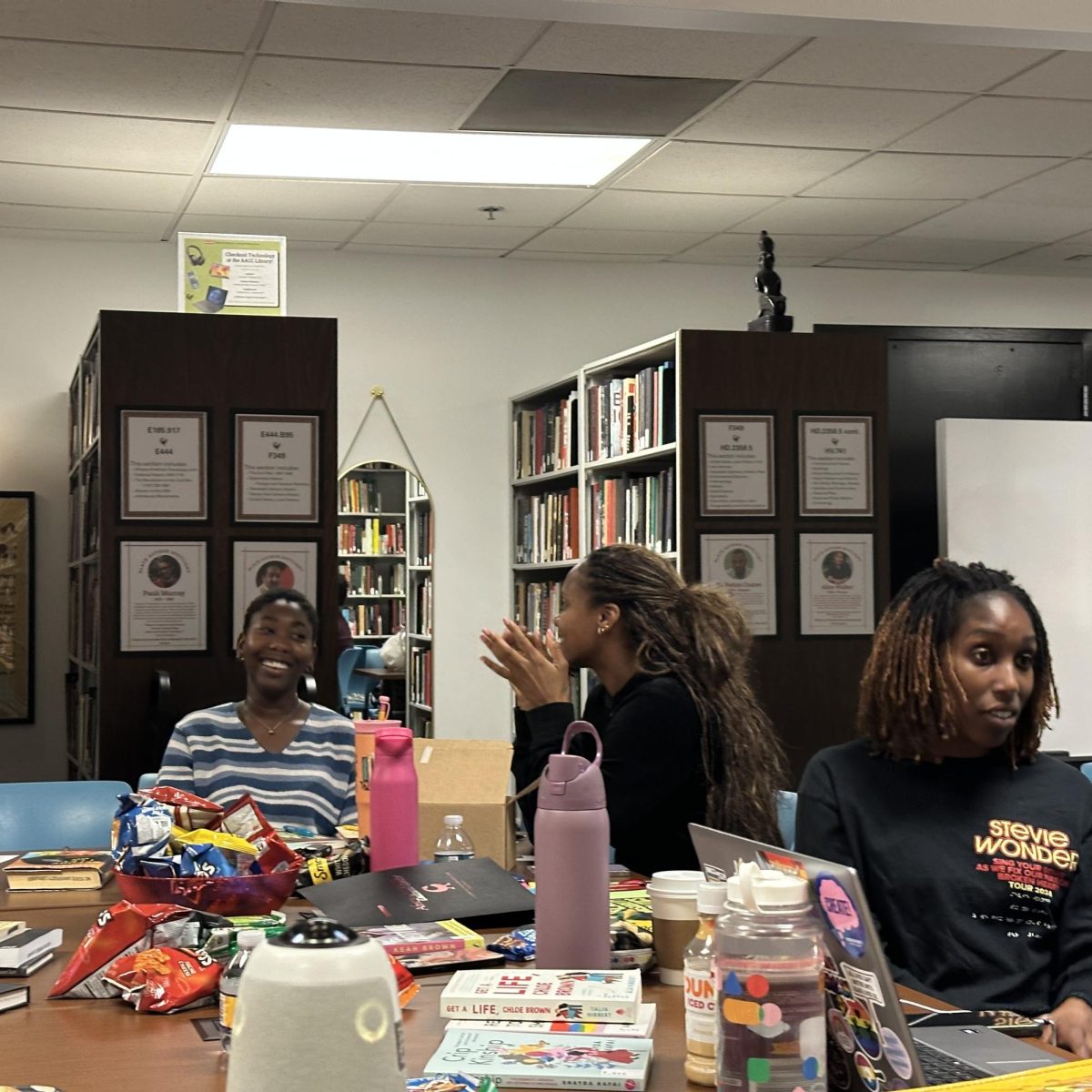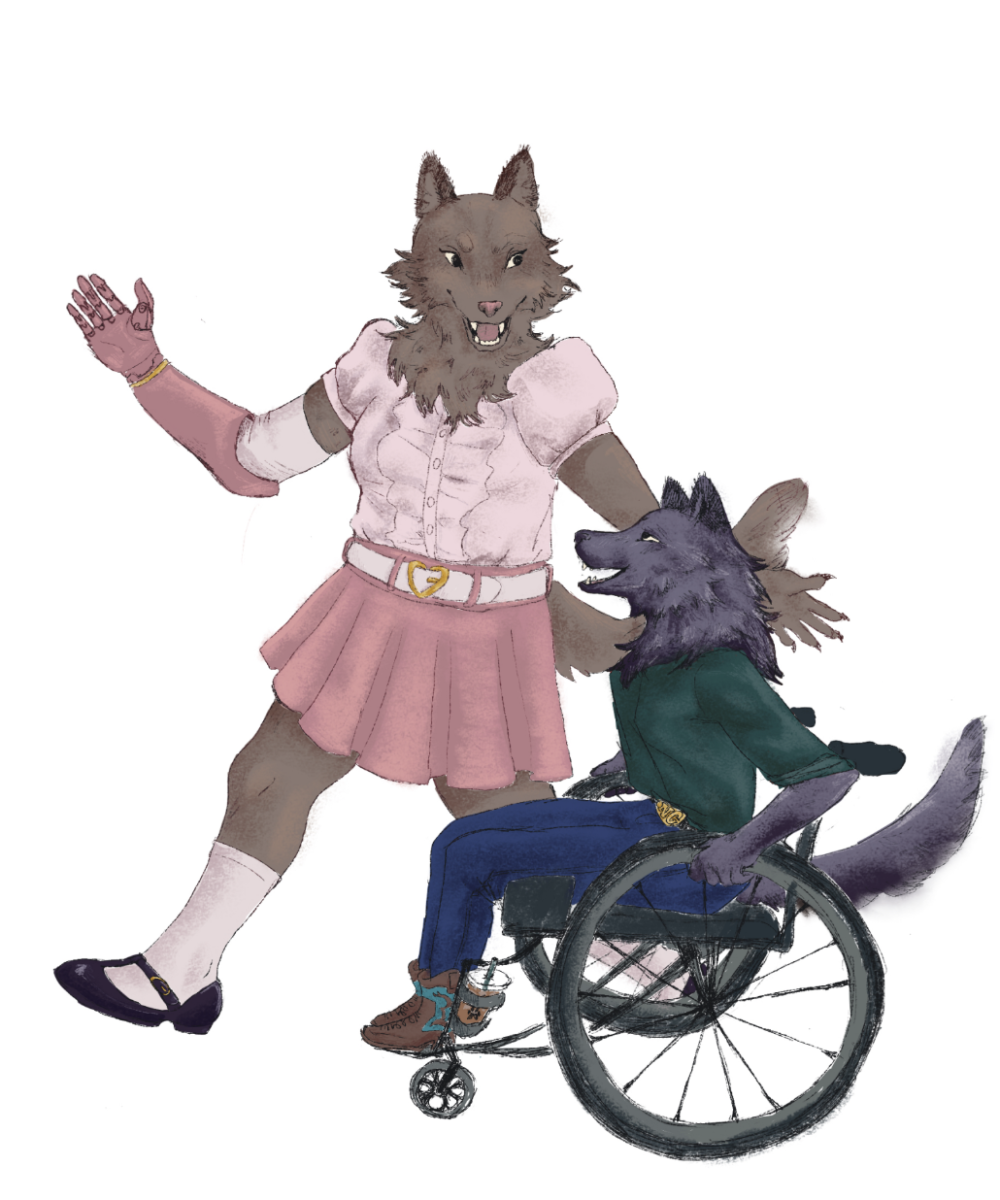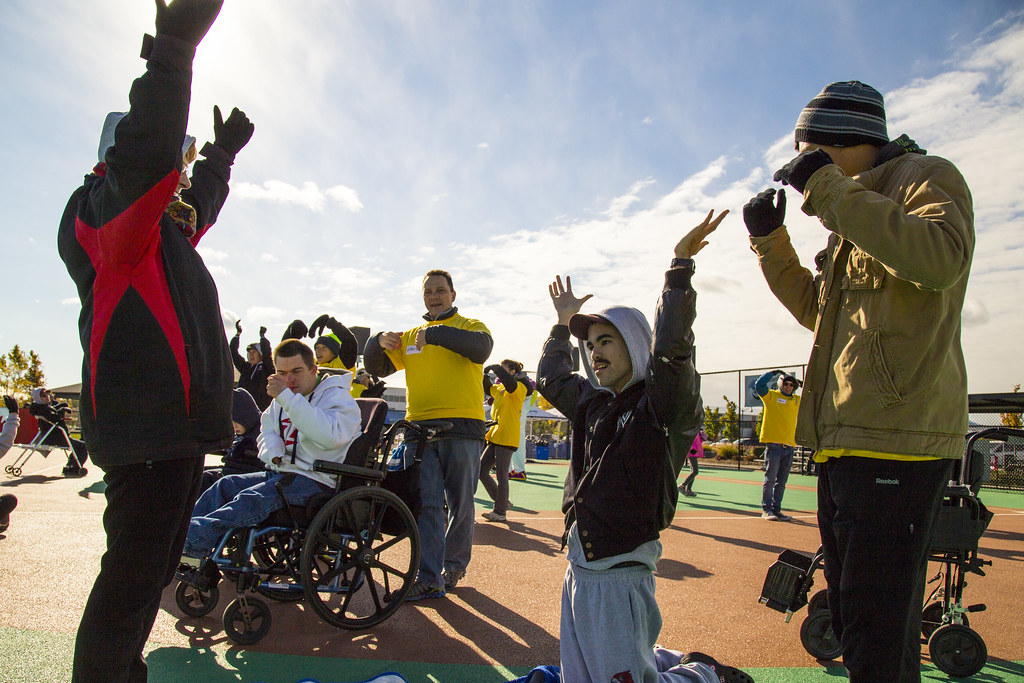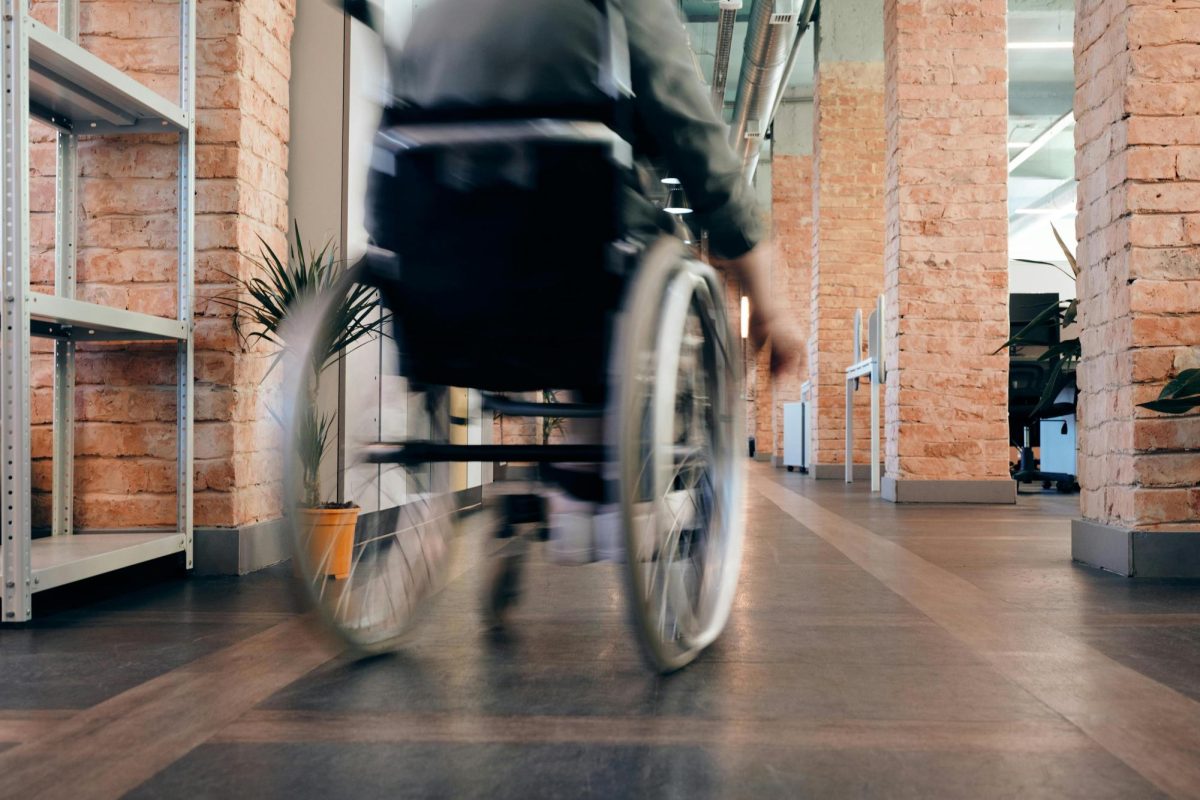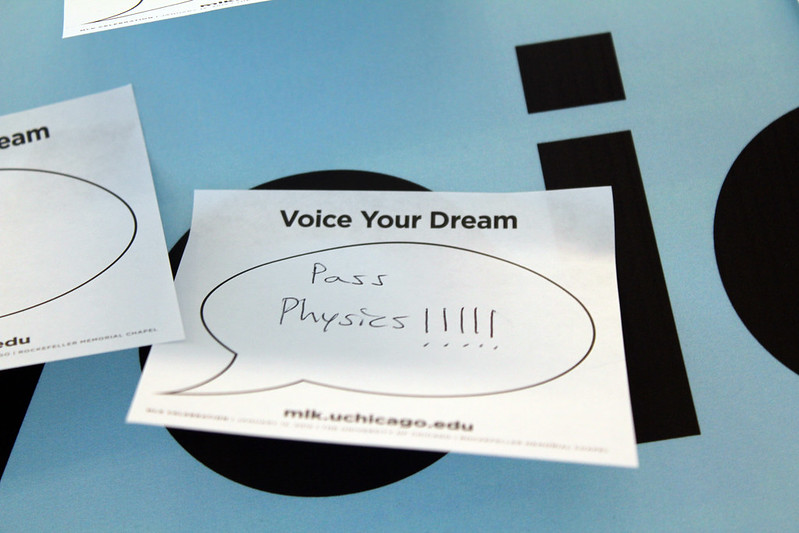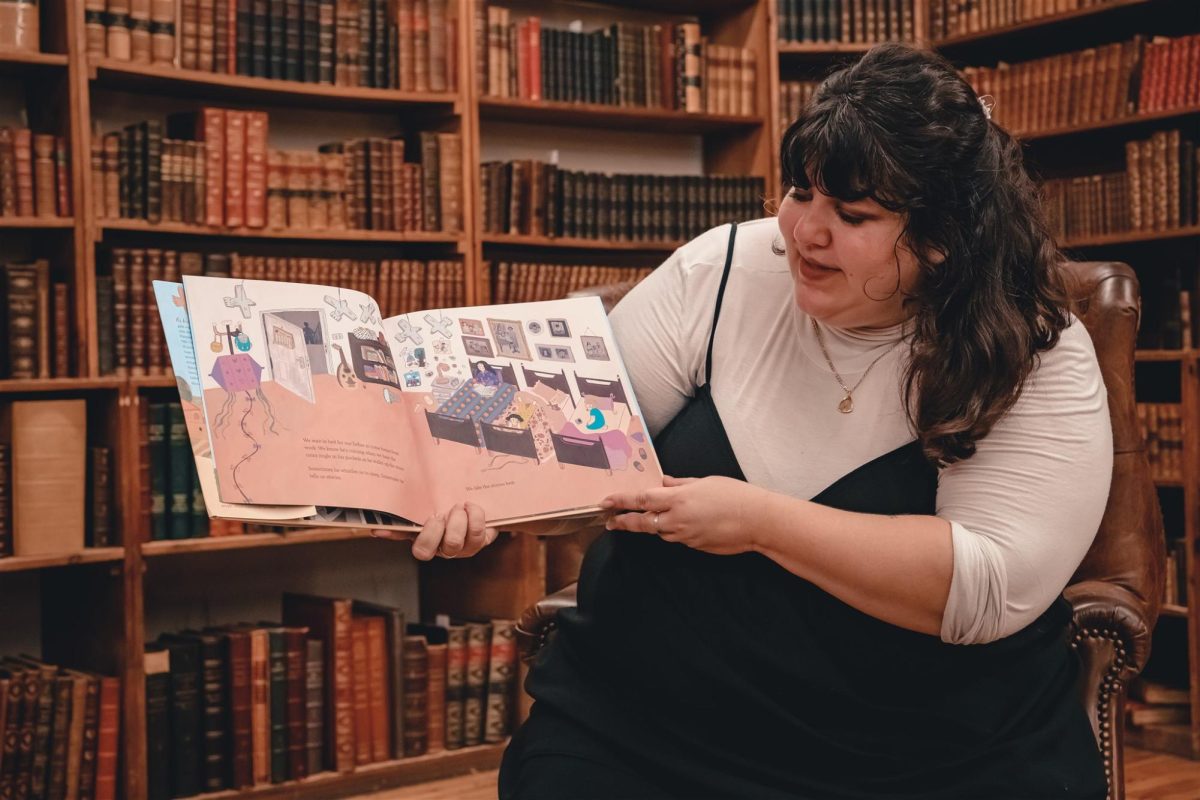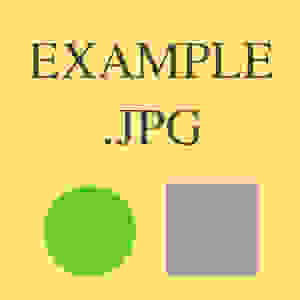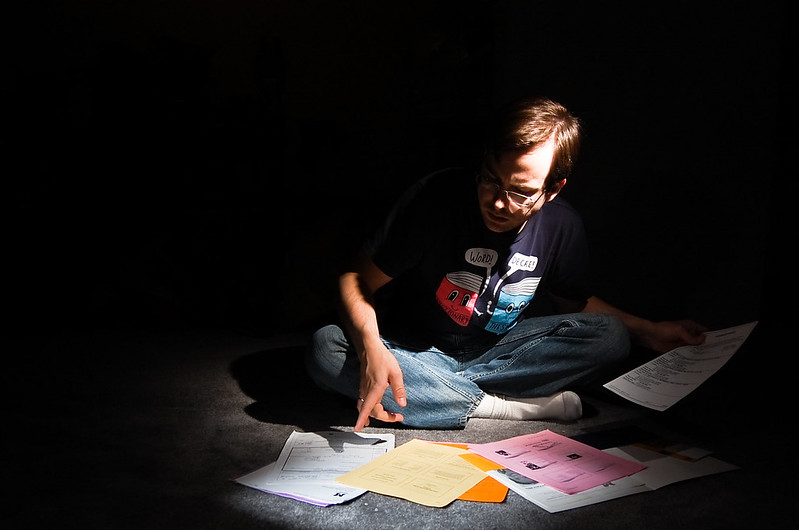Dani Dalton| Guest Columnist
About the Exhibit:
Polite Too Long (PTL) is an art exhibit that explores the intersections of identity and gendered expectations of ‘politeness.’ Produced in honor of International Women’s Day, PTL captures voices from 24 people across six countries and it is available in Spanish and English. The entire project including concept, design, marketing and translations was completed within a two-week time frame in order to have to be done by International Women’s Day, March 8th, 2021.
This exhibit is a space to share and heal. It is also a revolutionary space to challenge double standards that the patriarchy enforces upon women and genderqueer individuals. With this exhibit, we are saying “NO MAS”. We do not want to conform ourselves to please another, we should not need to speak ‘politely’ to be heard and as Sonya Renee Taylor says, “We should never have to apologize for our bodies.” The project was created by Meli Chaves (she/they), a Costa Rican feminist artist and Dani Dalton (she/they) an NCSU undergraduate in Women’s, Gender, and Sexuality Studies. The project is voiced over by Clara Nascimento Politz (she/hers), a British/Brazilian creative and past NCSU international student.
What Was the Inspiration for This Exhibit?
Kate Manne, a feminist philosopher, outlines how society has historically set different expectations for men and women within Down Girl: The Logic of Misogyny(2017). Simply put, women are expected to give while men are expected to receive. While discussing the text in Dr. Patsy’s women and gender studies capstone class, the class shared many similar personal experiences. It made me think: how many times on a daily basis are we told to smile or expected to conform to others’ expectations because of our gender? How often are we expected to do care work/ emotional labor because of our gender that we do not want to? How often are we expected to give our time, bodies, energy, or magic to meet others’ expectations? How many other stories are out there?
PTL largely addresses instances of misogyny in everyday life. The Merriam-Webster dictionary defines misogyny as “hatred of, aversion to, or prejudice against women.”
Again, as the exhibit shows, misogyny is not isolated to any one culture or one gender or global location. Kate Manne later writes: “misogyny often involves distinguishing between “good” and “bad” women, by the lights of their conformity to patriarchal norms and values. So, at the highest level of generality, it’s not surprising that women who aspire to be “good” have social incentives to distance themselves from a woman deemed “bad.”
By living and existing within the patriarchy, internalized misogyny, this notion of competition and being “good” vs “bad” as Manne states, indicates that sometimes women can be the largest enforcers of patriarchal norms. It is this concept that inspires me to bring this topic to the forefront of discussion. If we are not aware of something, how are we supposed to talk about it or address it? Additionally, it prompted me to ask the audience to reflect on their own internalized misogyny.
Are Your Design Choices Intentional?
Yes! The inside of the exhibit contains photos of 24 people and an additional educational room. Here the audience can learn more from famous feminist theorists including Audre Lorde, Kimberle Crenshaw and Sonya Renee Taylor. The outside walls of the exhibit include affirmations all titled “I PLEDGE”. They are intended to make the audience pledge that they will not feel guilty, silenced, ashamed or etc. for being themselves. Designing the guided tour really helped convey the desired flow of activities we pictured.
Meli and I also recorded a conversation that is embedded in the educational room via QR code for those who wanted to learn more about the exhibit. We explain why we chose this topic, and how we approached it coming from a Costa Rican feminist and United States feminist perspective.
For anyone who is curious to watch it here is the link:
Passcode: 3FjQ%!be
Why Virtual Reality (VR)?
Showcasing PTL in VR allows participants to be immersed in the exhibit as they experience it. This was crucial for the project design. I wanted people to feel the gravity of the project and have intimate experiences with the brave women and genderqueer people featured.
The exhibit showcases a series of interactive reflection questions throughout the ‘guided tour’. VR allows participants to have an intimate and personal experience with PTL. I want this to be a catalyst for conversations with one’s self and with others. I hope it is an educational space for the audience to grow and analyze the intersections of their own oppressions or how they move through the world. Utilizing the platform Artsteps also made incorporating voiceovers very easy, we were thrilled to increase accessibility. If I were to make another exhibit similar to this, but host it in person, I would still create a VR version of it. Having a digital copy allows it to exist forever and extend outside of one geographical location. VR exhibits are the future.
Any Final Thoughts?
I would like to thank all the fabulous people who helped recruit participants in this very short time. By sharing your experience, you are breaking the silence that the patriarchy expects from us! By breaking the silence- we are resisting. We are stronger together!!
Thank you to my collaborative partner, Meli Chaves. Thank you to Clara Nascimento Politz for her amazing voiceovers. Thank you to Dr. Katherine Guinness at the University of Colorado for the design consultation. Thank you to all who have viewed and interacted with it so far! I’m so excited to start another project similar to this.
How to Access PTL:
ncstatefemco.com under ‘featured programs’ tab
or
https://www.artsteps.com/view/603aa1883217b91615a88ff9?currentUser
Different Ways of Viewing:
- View on your laptop (best option)
- Download the Artsteps app
- View it on your phone in Safari
- If you have VR goggles: put the exhibit in “VR” mode on your phone
The exhibit takes about an hour to walk through. It may take some time to load since it complies A LOT of code to make this happen- please be patient with it!
Dani Dalton (she/they) is an NCSU undergraduate in Women’s, Gender, and Sexuality Studies, minoring in Philosophy. During her sophomore year, she founded the Feminist Collective of NC State (FemCo) which now has 600+ followers on social media and 100+ dedicated general body members. FemCo strives to unite and support clubs that work towards gender equity and social justice on and off-campus. Recently she coded ‘ncstatefemco.com’ in order to help share the mission of FemCo.
Dani currently serves as co-chair of the campus climate committee with the Council on the Status of Women, works as a tutor for NC State ASPSA, and as a special projects intern for Ascend Athletics: a nonprofit helping young Afghanistan women climb to their potential via mountaineering and leadership training. Dani is living and working in Central America as she finishes her undergraduate degree online. Please email [email protected] with questions or comments.





